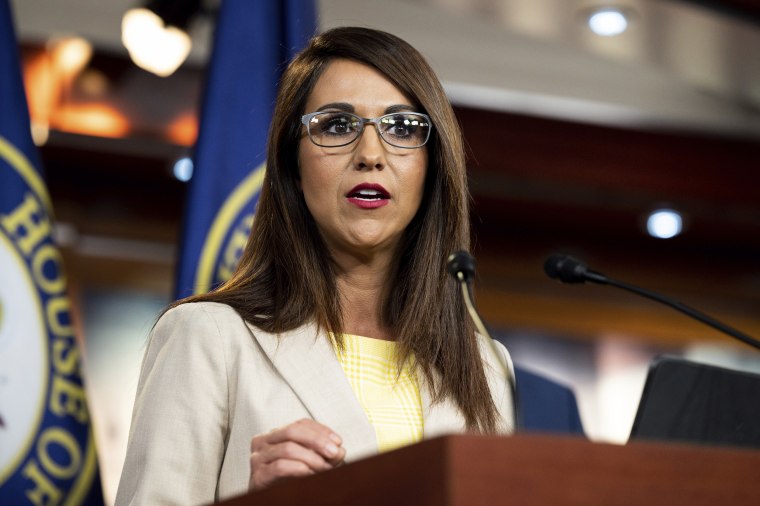Four years ago this month, Donald Trump spoke at the National Rifle Association’s annual gathering, and tried to make a provocative point. “It seems that, if we’re going to outlaw guns, like so many people want to do ... we are going to have to outlaw, immediately, all vans and all trucks, which are now the new form of death for the maniac terrorists.”
There was, however, a nagging flaw in the then-president’s pitch. As we discussed soon after, what the Republican didn’t seem to realize was that that vans and trucks have been heavily regulated for years. Indeed, van and truck drivers are required to have licenses and insurance; they’re tested by the state before they can legally hit the road; and it’s standard practice for government agencies to maintain extensive ownership and registration records, just as a matter of course.
Whether Trump understood this or not, if the United States treated guns the same way the country treats vans and trucks, it would likely help prevent a lot of gun deaths.
All of this came to mind after seeing Rep. Lauren Boebert try to make a related comparison. The Daily Beast noted overnight:
Rep. Lauren Boebert (R-CO) on Thursday scoffed at the idea of common-sense gun reform measures following the Texas elementary school shooting that was carried out by a teenager with a semi-automatic rifle he had legally purchased. “When 9/11 happened, we didn’t ban planes,” Boebert said Thursday night on Hannity. “We secured the cockpit.”
By not thinking this through, the right-wing congresswoman accidentally stumbled onto a good point.
After Sept. 11, 2001, it’s true that we did not ban airplanes. But we also didn’t shrug our shoulders, say we “can’t legislate evil,” and wait for the next terrorist attack.
Instead, we temporarily grounded all flights. A series of security measures were immediately implemented in the interest of public safety — and more than two decades later, travelers still can’t board an airplane without careful screening.
In fact, travelers can’t even buy a ticket without having their names go through a background check of sorts: Those who are included on watch lists are not allowed to fly.
And really, this is just the start. The United States has an entire federal agency that’s responsible for heavily regulating the airline industry — including how planes are built and made to ensure the public’s safety — and creating rigorous standards for airports.
What’s more, when Americans want to fly, they have to show government-issued identification. When Americans want to become pilots, they have to go through extensive training before acquiring a government-issued license and operating an airplane.
If buying guns were in any way similar to getting on an airplane in post-9/11 America, the number of people killed by gun violence would fall dramatically.
Related:

